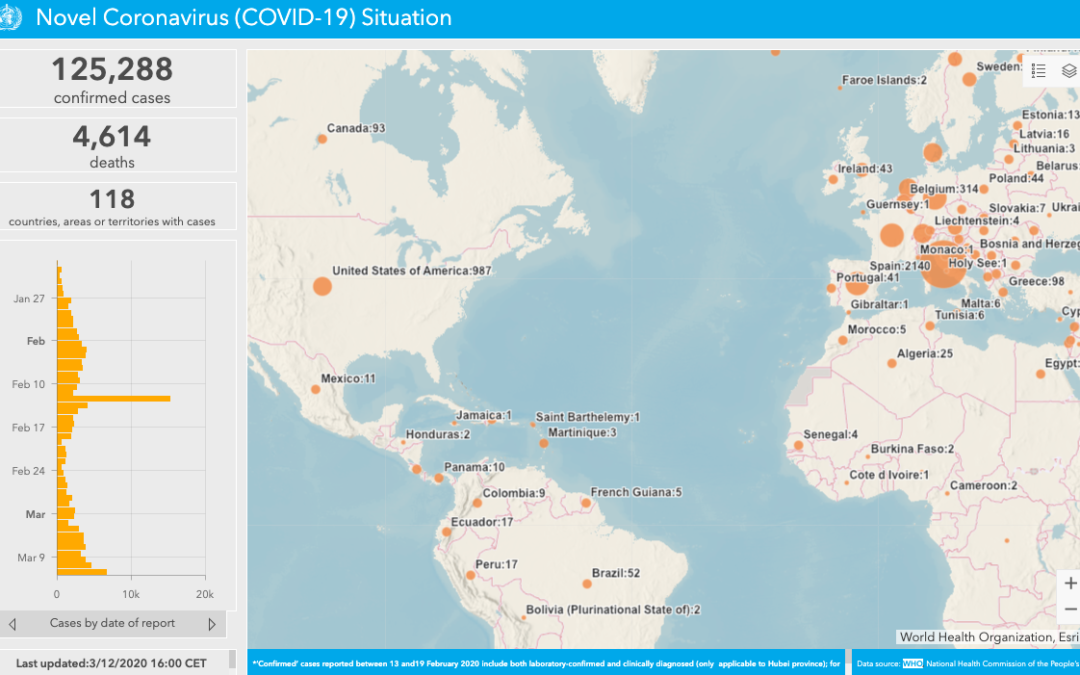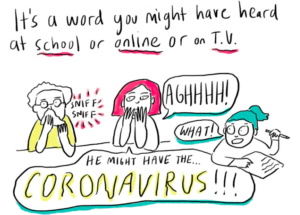Listen. I am not a medical doctor or a public health official. I am a parent educator and coach who works with individuals, couples, and groups to offer support on their parenting journey. Here’s the thing. Many children are coming home from school with questions, worries, and other feelings about the Coronavirus. How do we, as parents & caregivers, respond? Here are my answers:
-
- Get the facts. Find your reliable sources of information. Follow the guidance of public health professionals.
- Center for Disease Control
- Your local Health Department – find it here
- World Health Organization
- NPR’s Kid-Friendly Comic
- Take care of yourself. Find ways to stay grounded and calm. When we are hijacked by fears, we don’t think straight. As the leader of our households, we can guide our kids best when we are composed. How can you best take care of your:
- Physical wellbeing – Rest, eat well, follow hygiene practices, exercise
- Emotional wellbeing – Talk with a friend/therapist/coach, meditate, take a walk, turn off the TV/Social media
- Spiritual wellbeing – Pray, meditate, read spiritual texts
- Answer their questions. Your children may come home with lots of questions and worries. They may not. They may start exhibiting new challenging behaviors.
- Answer the questions. Sometimes we may give way more information than they asked for. Sometimes we make stuff up when we don’t actually know the answers. If you don’t know the answer, tell them you’ll get back to them. Give them the facts that you gathered.
- Observe. If your child is less likely to ask questions, notice how they are doing. They may be just fine – children are so resilient. They may be worried and not sure how to express it.
- Be present. You never know when the questions or big feelings are going to come up. If you can squeeze in some extra “couch time”, spend some extra time connecting with your little ones.
- **OPTIONAL** Find a way to help. When something big like a “Global Pandemic” or other national disaster happens, we can feel powerless. Our children also feel that way. If your family is in a position to help others, find a way to do that.
- Get the facts. Find your reliable sources of information. Follow the guidance of public health professionals.
-
-
- Help elderly neighbors. Can you offer to grab extra groceries? Pick up their prescriptions? Other non-contact support?
- Share resources. Did you stock up on toilet paper or Lysol wipes early on and realize you have enough? Share. There might be local organizations or individuals that are at higher risk that need those items.

Photo by Nathália Rosa
- Offer child care support. If schools are closed, there are likely families that need care. Can your older children step into leadership roles in the neighborhood? Are you in a position to offer some help?
-
If you found this helpful, please share it! If you have questions or would like some 1:1 support, contact me.



Recent Comments